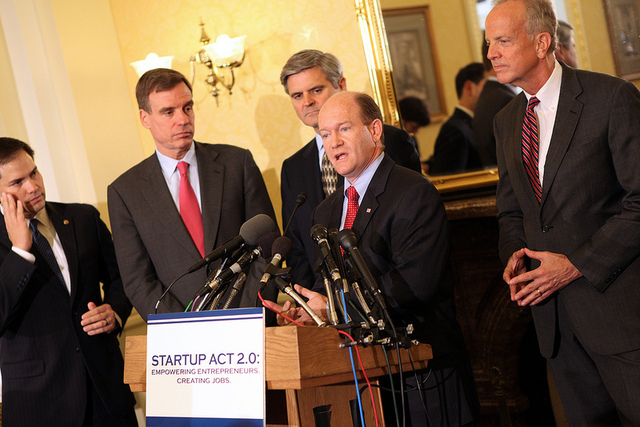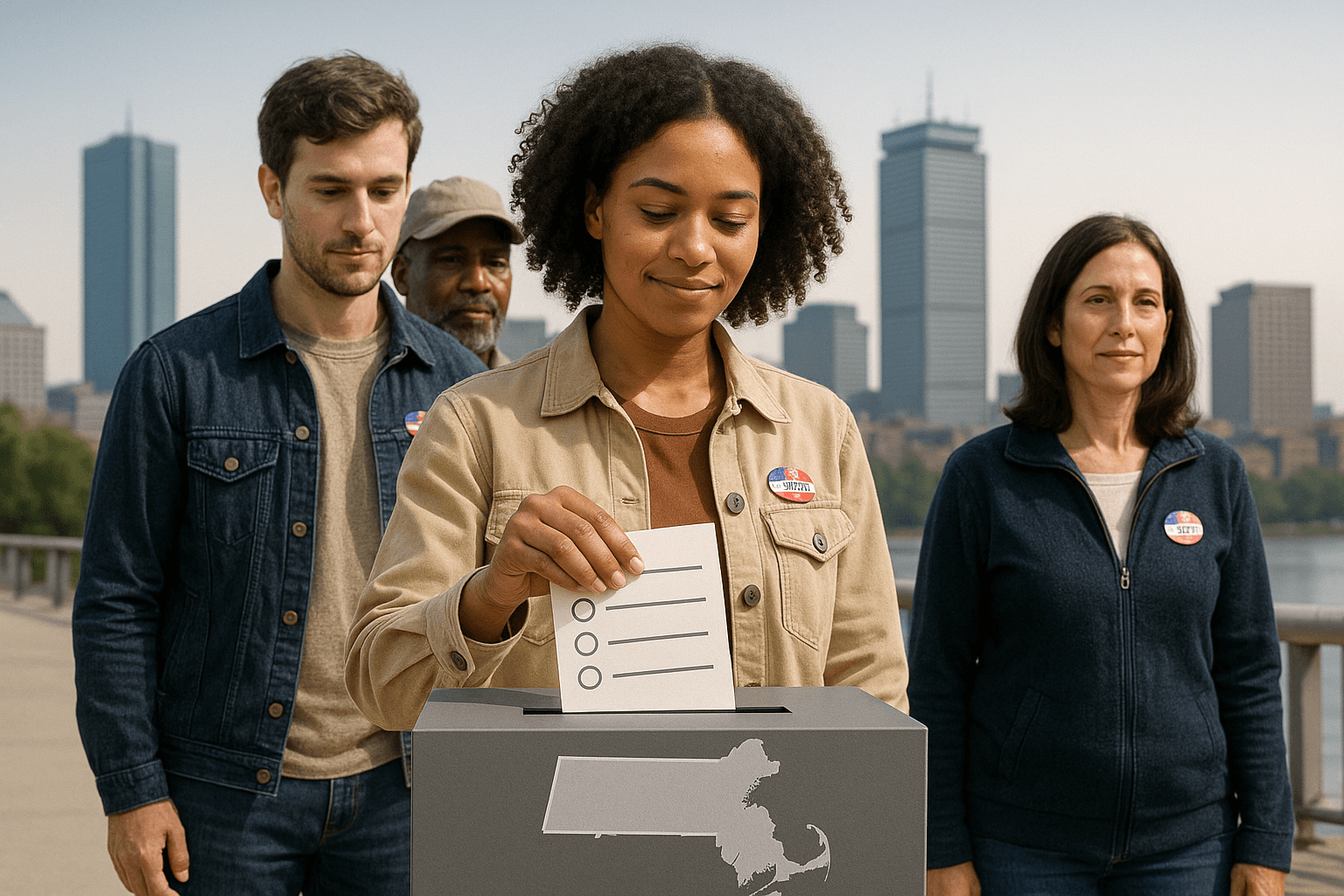StartUp Act Would Increase Visas to Foreign Students, Entrepreneurs

If the United States ends up offering an “entrepreneur’s visa” for promising graduate students and new business developers, it will be following a trail blazed in other parts of the world. The United Kingdom and Canada already offer such incentives in recognition of the value that budding business thinkers bring to their economies and their societies as well.
The shame of it is that the U.S. program, proposed by bipartisan coalition of four relatively recent arrivals to the Senate – Democrats Sen. Mark Warner (VA) and Sen. Chris Coons (DE), and Republicans Sen. Marco Rubio (FL) and Sen. Jerry Moran (KS) – is unlikely to get past a House of Representatives bound up in anti-immigrant rhetoric and attitudes, and may not even be introduced in the Senate.
The StartUp Visa Act would permit foreign students completing advanced degrees in science, technology, engineering or mathematics to remain in the U.S. for an extended period of time to work in their fields of expertise. Up to 50,000 such visas could be issued under the provisions of the act. The Act would also allow for up to 75,000 visas for immigrants who have recently started new businesses in the science and technology fields.
Visa recipients would have to show that they had stayed in their fields for at least five years before being offered permanent resident status.
The bill also provides financial incentives to start-ups, according to the Wall Street Journal:
“The bill would also create a targeted tax credit to encourage start up firms to invest in research and development. It would allow investors who cash in investments made in start up businesses to avoid capital gains tax as long as they had held the investment for at least five years.”
The bipartisan group of Senators told reporters at a press conference on Tuesday that the current economy needs the boost their act could bring. But they know there’s a tough road ahead to pass the legislation. On the whole, Republicans are opposed to any expansion of immigration; and Democrats have expressed concerns about the act’s impact on hiring of American citizens. Democrats also have put their collective efforts into passing the DREAM Act, which would create a path to citizenship for illegal immigrants who came to this country while young and went on to higher education or the military.
In response to those concerns, Warner said, “We’ve got to grow jobs.” And Mr. Coons noted, “We can’t let the perfect be the enemy of the good.”
“It’s new businesses that create jobs,” said Robert Litan, vice president for research and policy at the Ewing Marion Kauffman Foundation, “not necessarily small businesses."
AOL Founder Steve Case agreed and told The New York Times, “This economy was built on risk-taking entrepreneurs. It’s important that we double down.”
Technology companies and venture capitalists are among the strongest backers of the StartUp Visa Act. One of the bill’s endorsers, Iranian-born entrepreneur and angel investor Servin Pishevar, told Bloomberg Businessweek that he had seen flourishing tech and entrepreneurial communities during his travels in places like Russia, Argentina and Jordan.
“There’s a tremendous amount of talent out there,” he said.
Senate leadership has not yet agreed to take up the StartUp Visa Act, since the immigration debate that will likely follow is not popular in an election year. Voters could well choose to punish any candidate supporting what is essentially a pro-immigration bill. Additionally, Majority Leader Sen. Harry Reid may not want to see another piece of legislation distract from his prized DREAM Act; hence, the four Senators face an uphill battle. By all appearances, they remain undeterred.
“As the new guys, we didn’t get the memo that in an election year, we’re supposed to take the year off,” Warner said. “Clearly, China is not taking the year off.”
The StartUp Visa Act was the brainchild of venture capitalists Brad Feld, Dave McClure, and Eric Ries, who launched the movement after witnessing the troubles startup founders from other countries encountered when trying to obtain a U.S. visa.




